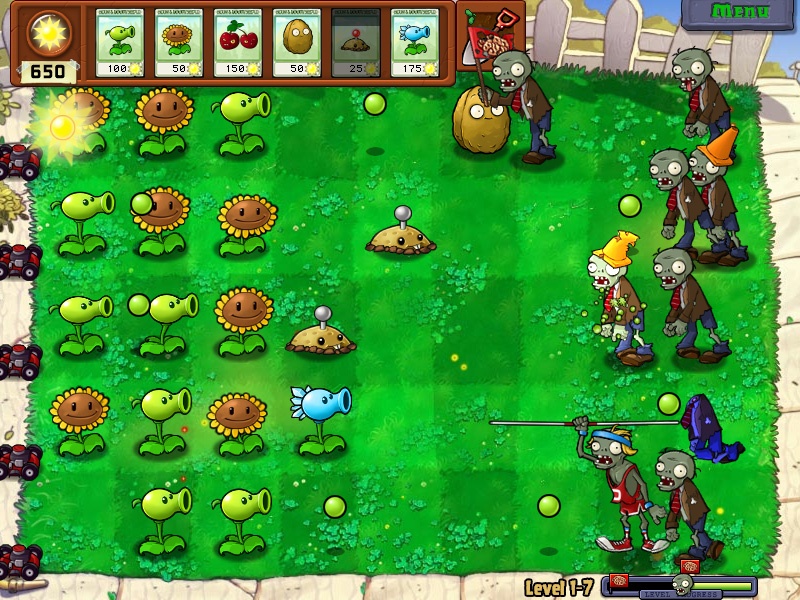I always said that the so called 'casual game market', the one composed for cheap games that are easy to play, was not a very healthy market. Reports that Zynga, one of its kings is not in a good position just enforces to me what I have said. That the way this market behaves, it is very hard to be successful in it.
See, for every Angry Birds who achieves great success and profits, there are thousands of small developers, the 'indies', who fails to see a return for their profit. It is a problem of saturation and not necessary of quality. It is hard to get your game seem in the virtual stores like iTunes, making the chances of your game turn profit hard, and the chances of achieving the success of Rovio's puzzle game rare.
When the Videogame Market crashed in the early 80's, one of the reasons for this is that people didn't know how to differentiate a good game and/or console in a saturated market. So, many people, tired of buying crappy, just gave up. Even if you say that one dollar is easy to spend and forget, people will just stop searching for games. They will buy only the few games who can distinguish themselves and get some attention from the media
Another problem is the attention spam of those consumers. Take the Wii as an example. It was the hottest toy around when launched, and now is basically forgotten. We all know cases of people who haven't turned their Wii on for months and even Nintendo is admitting that forgetting the traditional players in their pursuit for those new players was not a very good strategy.
These consumers are not loyal ones. They just go after trends. If the trend shifts, they shift with it. Staying on top is hard, and innovation is key for this. But the 'casual' market shifts quickly. Draw Something was the hottest one for a few weeks and know is being forgotten, showing how bright they can shine but also how fast they burn themselves.
Of course, it is easy to see why many developers desire this market. They can spend less money to make games for it and receive big profits from it. Small developers don't depend on big publishers will and money to get their games to the market. Everyone wants to launch the next Angry Birds and repeat the successful story of this game.
But it is not easy to do that. You have thousands and thousands of people disputing the attention. People will tell you how much the iTunes games make every year. But you must remember that this money is divide by hundreds of thousands of games. So, each game just receive a few thousands of dollars and that is in average. While a few receives millions, a lot receive nothing.
A lot of people say that those games will kill traditional games. I doubt it. What they will do is increase their participation in the market, their slice in the pie. Traditional games may change to adapt to the times, but those big budget games will still have players, people who pay the $60 tag to play them and who are more loyal to gaming than the new gamers that Facebook and smartphones created.
 |
| Remember that for each one of those, there are thousands who nobody heard of. |
Probably this market, this 'casual' games, will change too, how they are sold and marketed in order to avoid killing themselves when something new and shiny appears. If you are planning to make games, remember that this is not easy, that each story of success hides hundreds of failures. That trying to entice an audience who will not think twice before jumping to the next big thing is a very risk gamble.
It is still early to say if this new market will crash like in the 80's or if the old market will change (and how much will it change) because of it. But if things keeps as they are now, I would not put my money on the new market. The chances of hitting the jackpot is too low.



No comments:
Post a Comment
Please leave a comment.